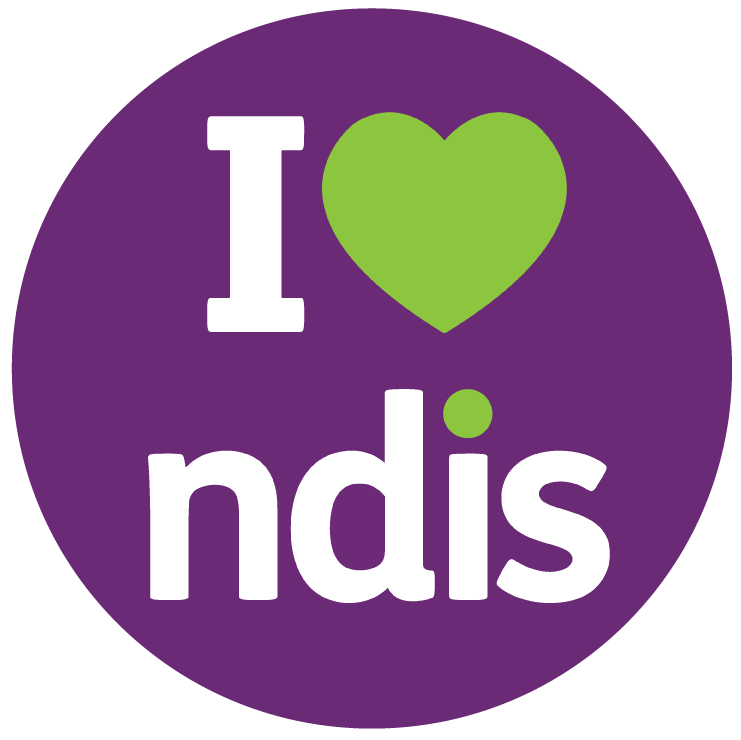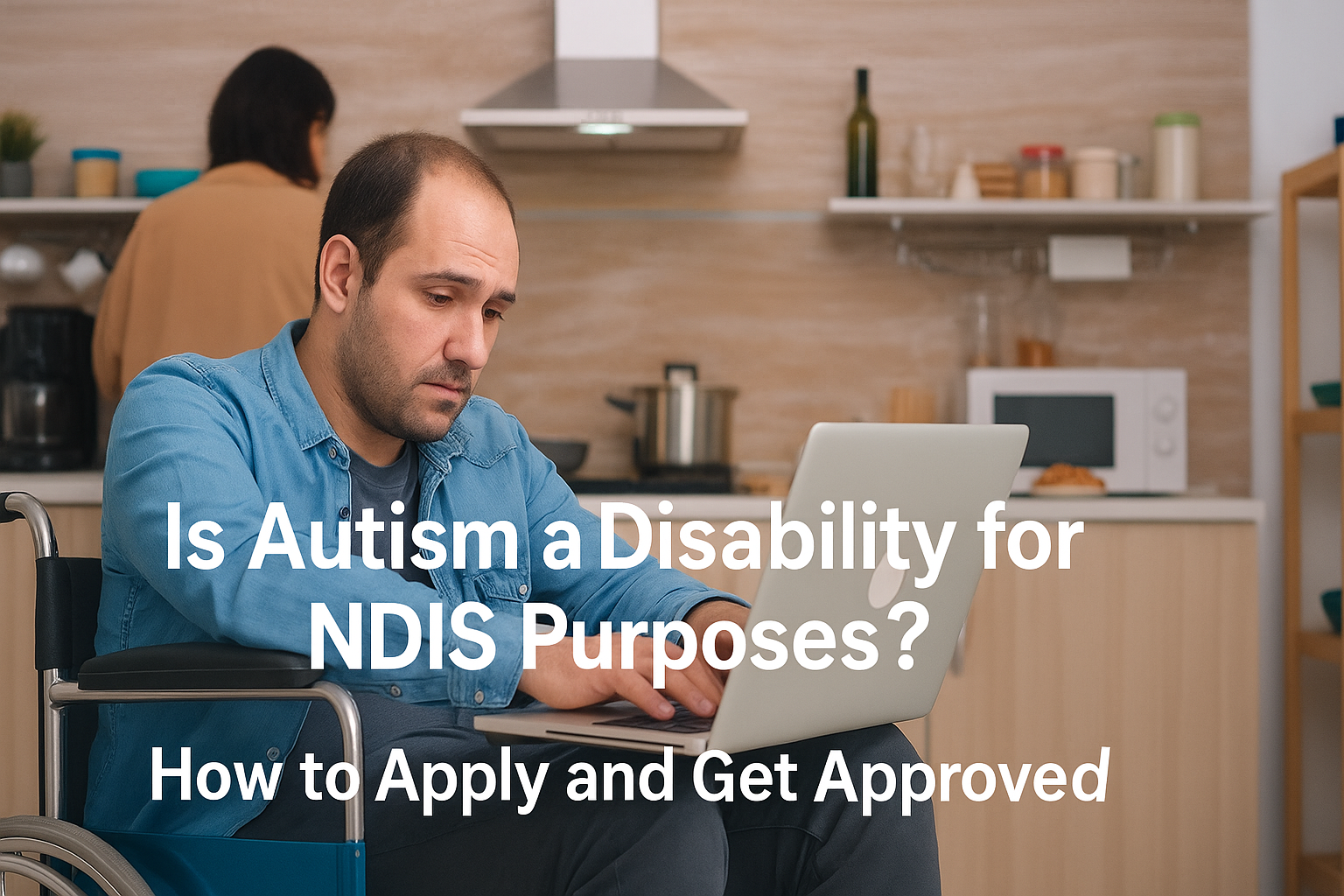Families often wonder, is autism a disability under the National Disability Insurance Scheme (NDIS)? The short answer is yes — autism is recognized as a developmental disability that qualifies for NDIS support when it significantly impacts everyday functioning. Understanding how the NDIS works, what documents are needed, and how to get approved is the first step toward accessing essential therapies and funding support.
Is Autism a Disability Under NDIS?
The NDIS funding for autism is designed to assist individuals with social communication challenges, behavioral difficulties, or sensory sensitivities that affect their daily life. Under the NDIS, autism is categorized as a permanent developmental condition, making individuals eligible for tailored support.
Different levels — such as level 1 autism and level 2 spectrum autism — determine the type and extent of assistance. Participants with autism NDIS eligibility can receive supports across therapy, education, and independent living. The NDIS recognizes autism as a disability that may vary in intensity, but all levels can qualify for appropriate funding.
Understanding NDIS Funding Categories
To manage NDIS funding for autism, it’s essential to understand the NDIS funding categories. These categories include:
- Core Supports: Daily personal activities and community participation.
- Capacity Building: Therapy, communication, and skill-building programs.
- Capital Supports: Assistive technologies or equipment for daily function.
Each category is structured to ensure participants with autism can access tailored assistance based on their needs, whether they have level 1 autism or level 2 spectrum autism.
How Much NDIS Funding for Autism Can You Expect?
The NDIS funding autism allocation varies for each individual. Factors such as diagnosis level, age, and functional capacity influence how much funding is provided. While NDIS funding for autism level 1 often focuses on early interventions and therapy, NDIS funding for autism level 2 may include behavioral support, social communication programs, and occupational therapy.
There’s no fixed figure; instead, the NDIS assesses personal needs through a detailed evaluation process to ensure funding aligns with participant goals.
The Application Process for Autism NDIS
Applying for autism NDIS support involves several steps:
- Obtain an official diagnosis with reports from a qualified clinician confirming your autism level.
- Submit an Access Request Form through the NDIS website or local partner.
- Provide supporting evidence such as therapy assessments, medical records, and educational reports.
- Wait for assessment — the NDIS team reviews whether your condition meets eligibility criteria.
- Develop your plan after approval, detailing your supports and budget allocation.
Having a clear understanding of how much NDIS funding for autism you may receive will help when building this plan.
Tips to Get Approved Faster
- Provide detailed reports from therapists and doctors.
- Explain how autism impacts daily activities, learning, and communication.
- Include evidence of support needs for independence.
- Mention whether you fall under level 1 autism or level 2 spectrum autism to ensure accurate plan development.
- Work with an experienced plan manager or NDIS partner to streamline approval.
Why a Plan Manager Helps with Autism NDIS
A plan manager simplifies the process by handling budgets, invoices, and reporting. They ensure your spending stays within the right NDIS funding categories, avoiding mistakes that could affect future plans. Families managing NDIS funding autism find plan management especially useful for staying compliant and stress-free.
Common Challenges When Applying
Some participants struggle with understanding eligibility or preparing the right documentation. Others might receive limited funding due to incomplete reports. To avoid this, always submit detailed professional assessments that describe the day-to-day effects of autism. Clarifying how the condition impacts behavior, learning, and social engagement ensures your application accurately represents your needs.
Conclusion
Yes, autism is a disability under NDIS — and with the right guidance, accessing funding can open pathways to growth and independence. The process may seem complex, but preparation, documentation, and professional support make it easier. Working with a trusted plan manager like Axial Plan Management ensures that every detail of your NDIS journey is handled professionally, from application to approval. With expert help, you can confidently secure your autism NDIS funding and focus on what truly matters — progress and empowerment.


